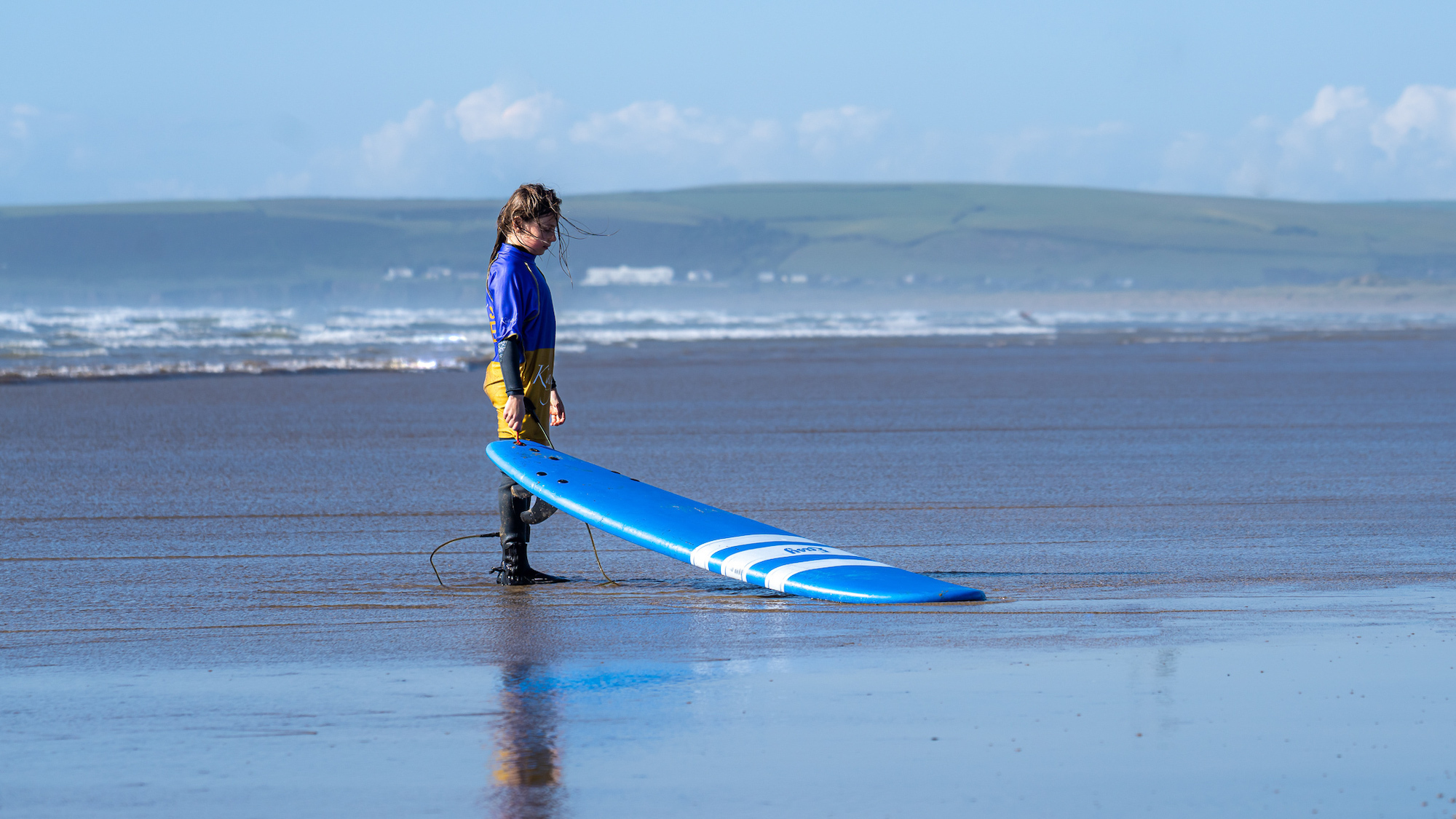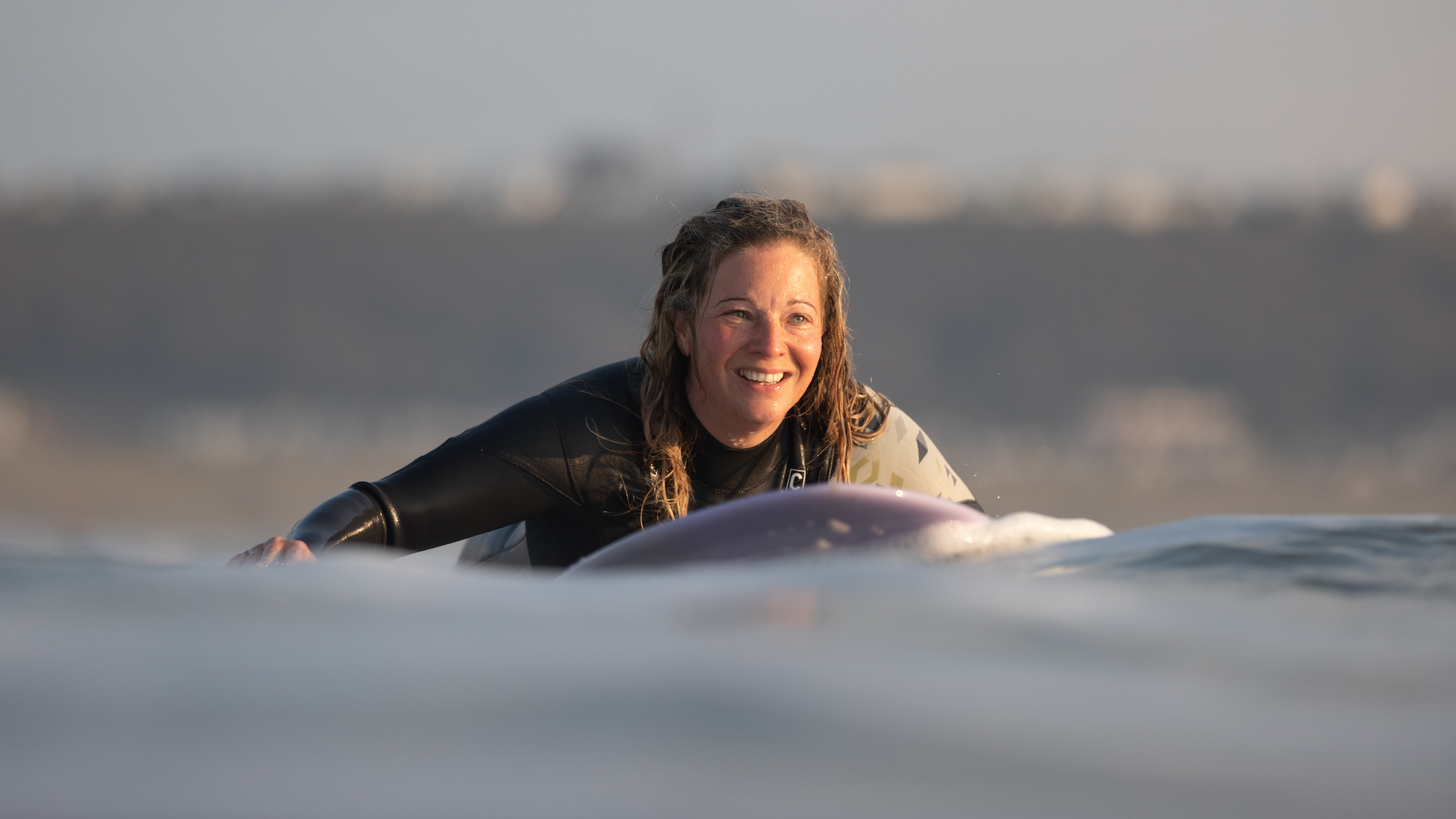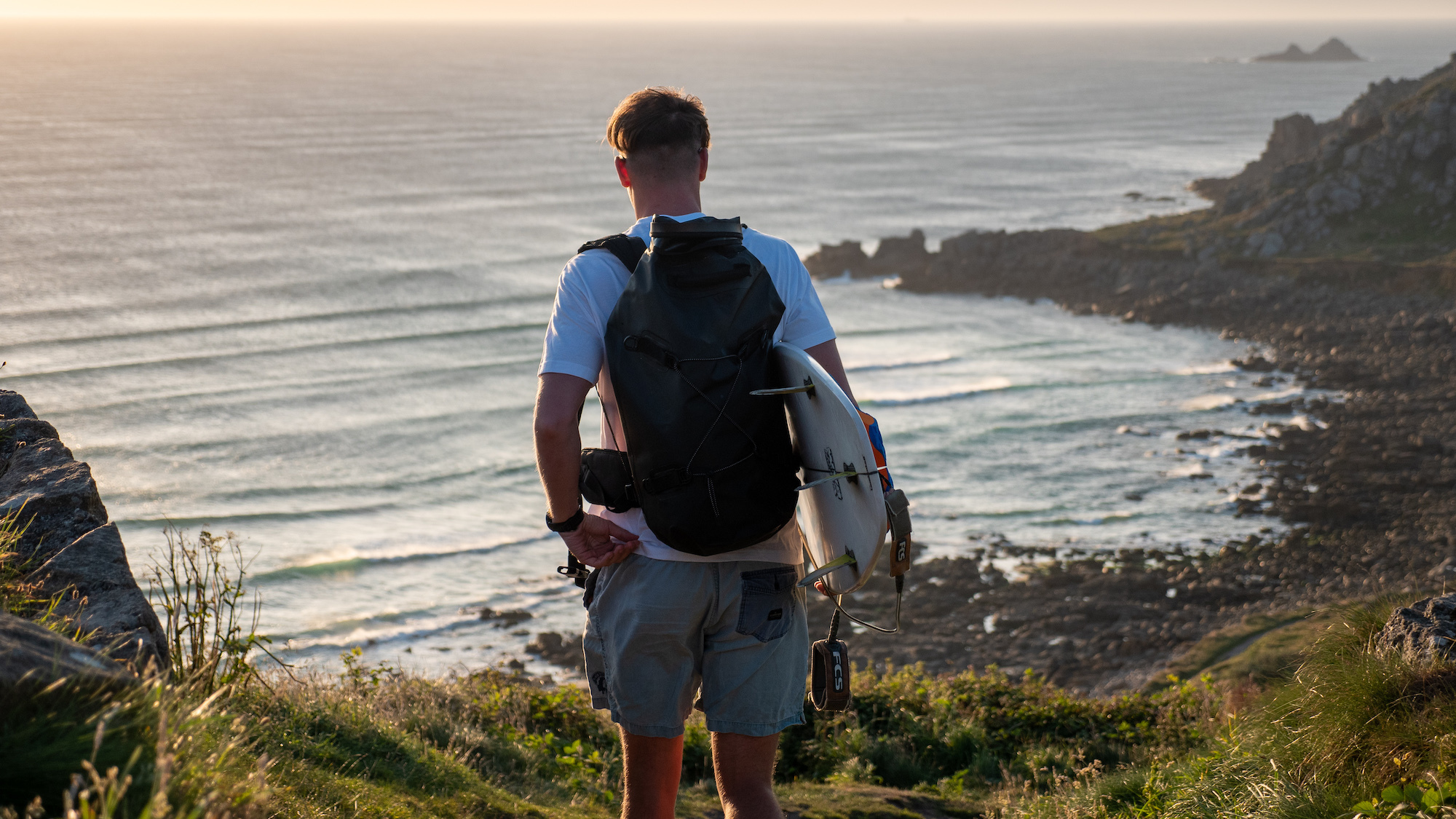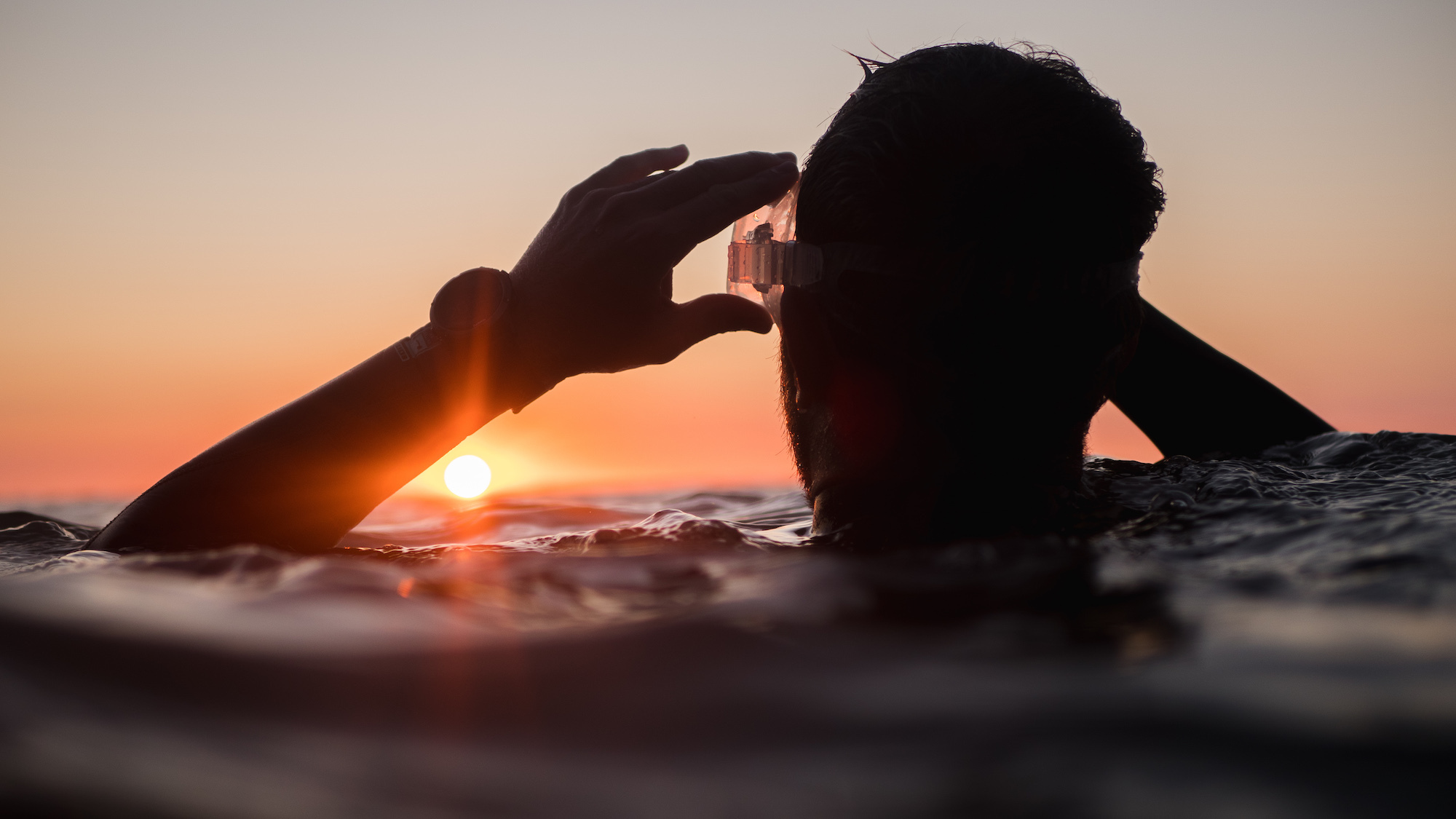Blue Mind
Balance, well-being, and positive mental health
Blue Mind is a term that refers to the state of calm, peacefulness and overall well-being that people experience when they are near, in or on water. It encompasses the physiological and psychological benefits of being near water.
At Kingsley, our pupils have the opportunity to experience ecocentric workshops integrating the concepts of balance, well-being, and positive mental health.

Blue Health
How does the Ocean & water affect us
The connection between the natural environment and human health and well-being. Blue Health encompasses time in nature and exposure to bodies of water as well.
We’ll be exploring ‘mindful moments’ through creative media such as video and soundscapes.
Having the opportunity to explore the ANOB Northam Burrows discover the local species of marine animals and the biodiversity we have here.
-
Local biodiversity
-
Space for creative activities
-
Connection to nature

Well-being & Resilience
Reduce stress levels & promoting mental health
The ocean and bodies of water have been proven to have a significant impact on human well-being and resilience. Research has shown that being near or in water can have a calming effect on the mind and body, reducing stress levels and promoting feelings of happiness and relaxation.
Water has a unique ability to stimulate the senses, whether it's the sound of waves crashing on the shore, the sight of an ocean sunset, or the feeling of being in the water. This can help individuals forget their worries and be fully present in the moment, which has been shown to improve mental well-being and decrease stress levels.
-
Learning techniques to support wellbeing & mental health
-
Peer-to-peer coaching opportuni- ties
-
Time and space at the beach & nature

Ocean Conservation
Preserve our planet's delicate balance
Ocean conservation is important to preserve our planet's delicate balance of life and protect vital ecosystems. Healthy oceans regulate climate, provide food and livelihoods, support biodiversity, and serve as a source of recreation and tourism.
Failure to protect oceans can result in species loss, habitat degradation, and a decline in the quality of life for people who depend on the ocean's resources.
By learning about ocean conservation, we can help ensure that future genera- tions inherit a healthy and thriving ocean.
-
Take part in beach cleans
-
Education around water quality and its effects
-
Discover the life & ecosystems in our oceans

Social Responsibility
Protect the Oceans
We have a social responsibility to protect the oceans as they provide vital ecological services and support human livelihoods. The health of the oceans affects global climate, food security, and the well-being of all life on Earth. It is therefore our social responsibility to protect the oceans and ensure that they continue to provide these vital ecological services for generations to come.
This can be achieved by reducing our carbon footprint, reducing our use of single-use plastics, supporting sustainable fishing practices, and working together to create policies and solutions that protect the health of our oceans.
-
Source to sea, the lifecycle and responsibility of litter
-
Finding out how we can make a difference
-
Learning about using our voices for change